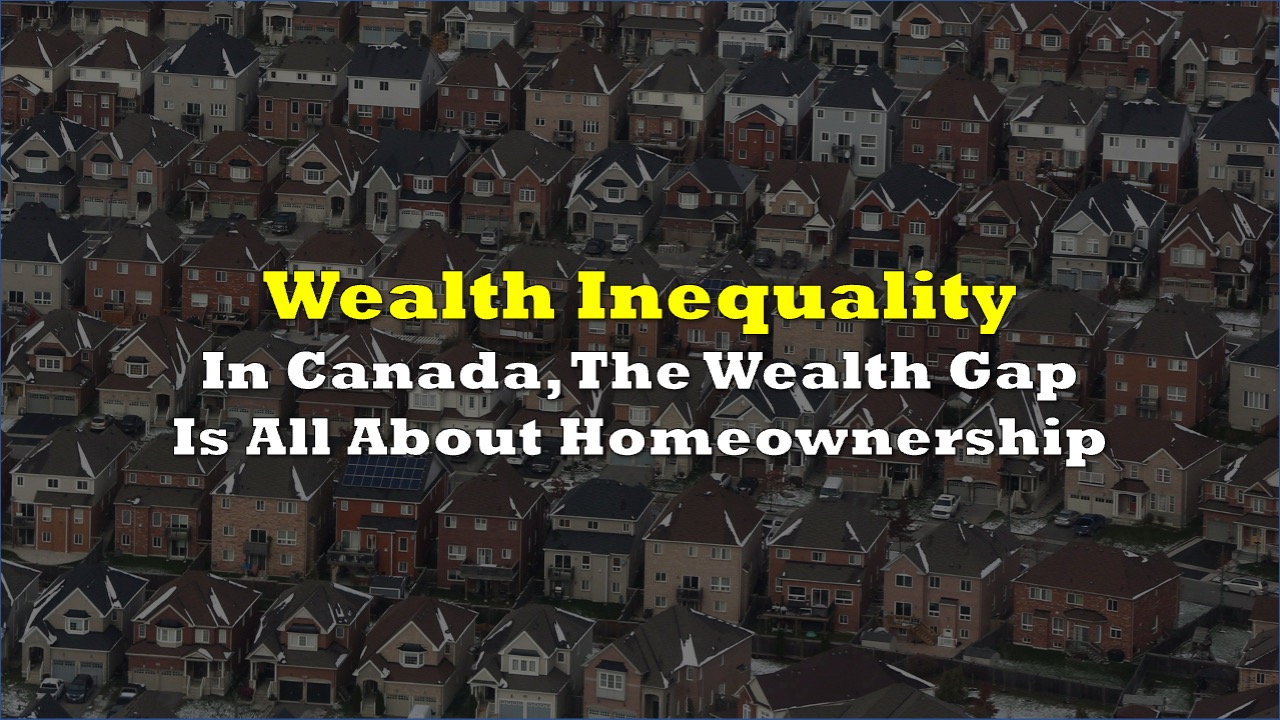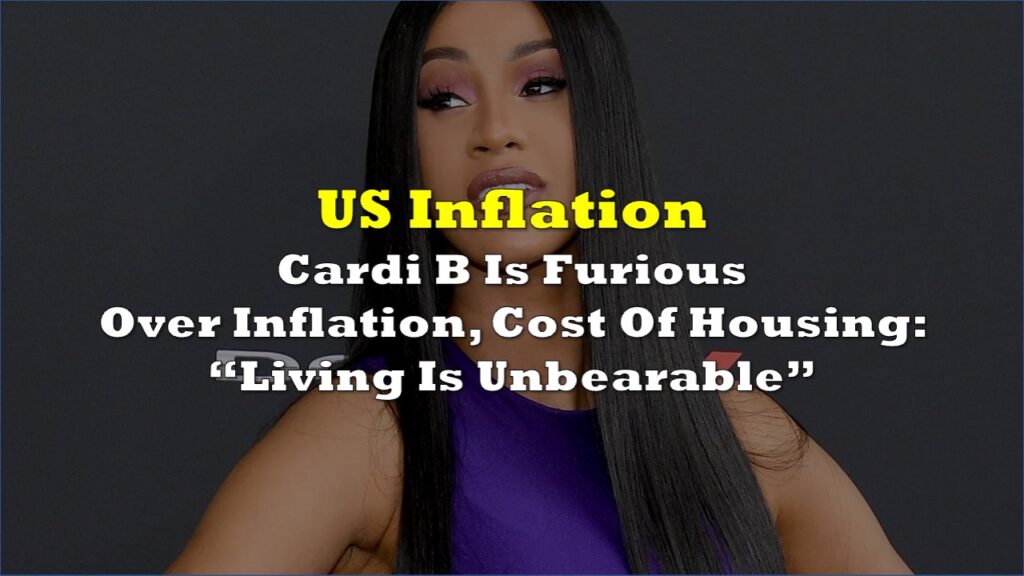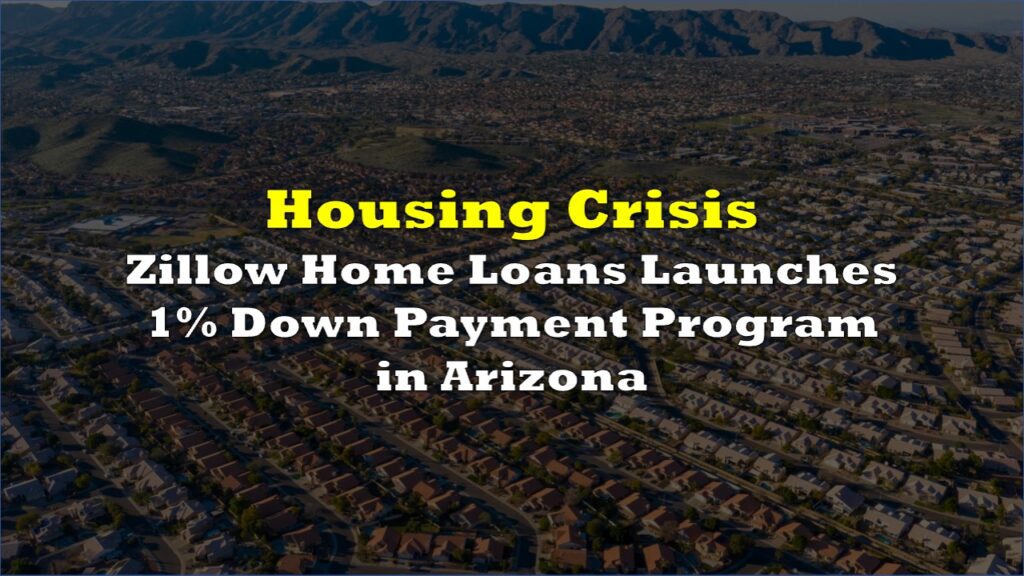A recent report from TD Bank uncovers a new narrative in Canada’s wealth inequality: it is no longer about the rich versus the poor, but a story of homeowners versus non-homeowners.
“On the surface, Canada might appear to be doing quite well on inequality, but digging beneath that surface shows that we have merely papered over the fissures that separate Canadians along housing lines,” wrote authors Beata Caranci, vice-president and chief economist, Francis Fong, senior economist, and research analyst Mekdes Gebreselassie.
The report cited data from the Survey of Financial Security (SFS) to show that in a cohort of Canadians born from 1955 to 1964, the average net worth of homeowners by 2019 was over $1.4 million, $1.2 million more than the net worth of a non-homeowner.

“The role of real estate is truly unique in the household balance sheets of advanced economies, both historically as the only appreciating non-financial asset and as the only appreciating asset that is also continuously consumed – namely, as owner’s equivalent rent. This unique combination presents an important safety net that allows for the acquisition and disposition of other, more liquid assets that can then be passed on more easily as financial assistance. In contrast, renter households have no equivalent mechanism,” the authors said.
The report shows that on the surface, wealth inequality has narrowed between 2005 and 2019. The change was slight, but it showed that the share of wealth held by the top 1% and 10% fell, while the share of wealth by middle and low-wealth households gained some ground.

But they found that this change was brought about mostly by the cohort of young homeowners who are somewhat trapped in the bottom 30%. Only 12% of the bottom 30% are homeowners, and the number of people aged 25 to 34 in this group has gone up three percentage points from 2005 to 2019. While this group earns a higher income than the rest in their sector, the burden of the debt that they carry is heavier from the rising costs of homeownership, resulting in lower net worth.
If it seems strange that the percentage of young homeowners in the bottom 30% is growing even as housing affordability in Canada is at its worst level in decades, it’s because they get a bit of help. “A growing body of research points to the role of parental wealth in perpetuating unequal access to homeownership,” the authors said.
The trio referred to a 2020 Ontario survey that found 41% of parents of adults younger than 38 helped buy a home for their children. The average amount of this ‘help,’ according to the survey was over $73,000, while the average loan was $40,000.
With the erosion of housing affordability, the current generation of potential homebuyers is in danger of not being able to buy a home.
“The current generation of young Canadians is likely to not just repeat, but accentuate the narrative of wealth inequality across housing lines with affordability now at its worst level in decades,” the report said.
“The lengths to which young households have to go to acquire housing is becoming untenable without a starting point of higher income relative to peers and/or a transfer of intergenerational wealth, commonly in the form of parental wealth.”
Information for this briefing was found via TD, and the sources and companies mentioned. The author has no securities or affiliations related to this organization. Not a recommendation to buy or sell. Always do additional research and consult a professional before purchasing a security. The author holds no licenses.









